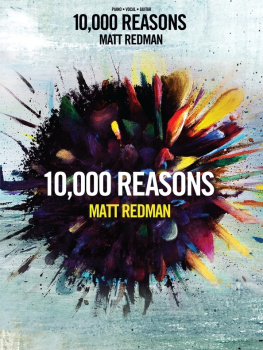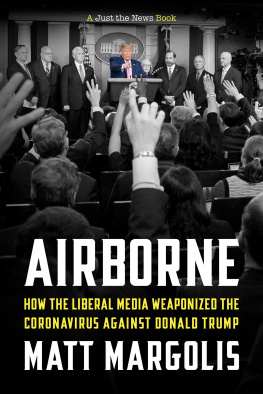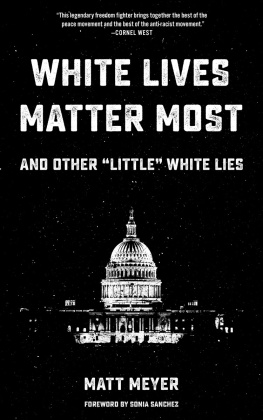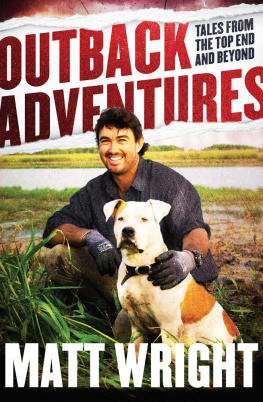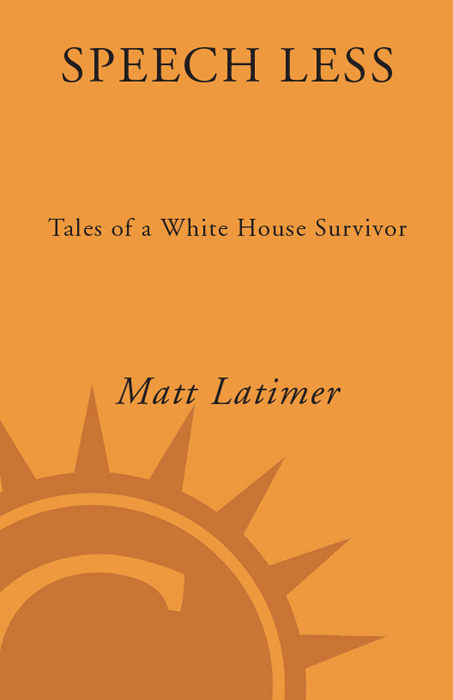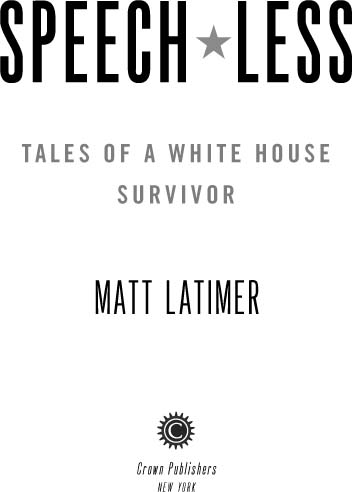CONTENTS
CHAPTER ONE
Shining City on a Hill
CHAPTER TWO
One Catastrophic Gaffe a Week
CHAPTER THREE
The Purse Boys
CHAPTER FOUR
Rummy
CHAPTER FIVE
Im Going to Die with These Dummies
CHAPTER SIX
The Cleaners
CHAPTER SEVEN
The Real West Wing
CHAPTER EIGHT
The Secret Speechwriters Society
CHAPTER NINE
The Mayor of Control
CHAPTER TEN
Going Wobbly
CHAPTER ELEVEN
Final Delusions
INTRODUCTION
WHERES GOOFY?
I t was a fall day in 2008. Id just picked up my usual can of Diet Pepsi from the White House Mess when all I knew about the world seemed to come to an end. As a speechwriter for George W. Bush during the final years of his presidency, Id seen any number of crises and controversies. But nothing had prepared me for what was ahead: the imminent collapse of Americas free market system.
I was in my office with another speechwriter, a young man named Jonathan, when we first heard the grim news. Tall and lean with a tuft of black hair, Jonathan was such a team player that for weeks hed worked at a desk he could barely fit his legs under. I used to watch him hunch down in his chair, Quasimodo-like, whenever he wrote a speech. But Jonathan wasnt one to complain. Far more inconvenient for him than his desk, it turned out, was his last name: Horn. This conferred on him the honor of being the only speechwriter with a presidential nickname, though not a particularly inventive one. The president called him Horny (which, incidentally, is not a sentence I ever expected to type).
Contrary to some peoples belief, President Bush didnt behave like a deranged frat boy, walking around the White House handing out nicknames to everyone. But for whatever reason, he did take a shine to Hornythe name, if not the person. He especially liked the moniker because it made the quiet, studious Jonathan visibly uncomfortable. But then I think all of the writers felt a vague sense of unease over sitting in the Oval Office while the president of the United States said things like Let me show you what I mean, Horny. It always seemed that we were one slip of the tongue away from a Ken Starr investigation.
Horny and I were chatting casually when Chris Michel came into the office. Chris was the presidents favorite speechwriter. He was in his midtwenties with sandy blond hair. Chris was extremely talented and, like Jonathan, had started at the White House as an intern. Their short professional lives had been almost entirely in the service of George W. Bush.
Chris was usually chipper, except he wasnt today. At the moment, his face was so pale that he had to have been the whitest man in the Bush White House. And that was no small accomplishment.
Chris had just come from a secret meeting in the Oval Office. Without so much as a hello, he placed his notebook down and announced, Well, the economy is about to completely collapse.
You mean the stock market? I asked.
Chris continued to cushion the blow. No, I mean the entire U.S. economy, he replied. As in the American way of life. As in capitalism as we know it. As in hide your money in your mattress.
Jonathan and I looked at each other. Was this a joke? We looked back at Chris, his face shaken and somber. Nope. Not a joke. Yikes.
The scenario sketched out that day by the gravelly voiced secretary of the treasury, Hank Paulson, was dire. Every bank in America was at risk of closing down. Americans across the country might not be able to get loans. Large businesses could fail. There would be massive job losses. The stock market, which was already dropping by triple digits every day, could plummet even further. It was so terrifying that I immediately wanted to call my parents in Michigan and warn them to take their money out of everything. Then I realized that I wasnt allowed to tell anyone what I knew. Not only was the information extremely confidential, Chris said, but the slightest hint about it before the White House was ready to announce a plan could start a panic. He didnt have to convince me of that. I already was considering melting down the silver crowns in my mouth for currency.
Chris said wed have to write a speech for the president announcing his bold plan to deal with the crisis. (The president loved the word bold.) We also had to reassure the American people that everything was going to be okay. As it turned out, Secretary Paulsonwhod been pretty much a nonperson at the White House until that very dayhad a plan that would fix everything: a $700 billion bailout of the financial system (except we couldnt call it a bailout).
The plan, like the secretary himself, seemed to have come out of nowhereas if it had been hastily scribbled on the back of a couple of sheets of paper in the secretarys car on his way to the White House. Basically, it could be summed up as: Give me hundreds of billions of taxpayer dollars and then trust me to do the right thing, even though 99.99 percent of you have no idea who I am. There was no denying it. This plan was certainly bold.
Clearly, Chris, Horny, and I had a lot of work ahead of us that day. But it was nearly noon, so we decided to get a quick lunch first. Jonathan and Chris were going to order some food from the carryout window of the White House Mess. I wasnt a big fan of the mess in any event, and especially nowlook what had happened when I went to get a Diet Pepsi. Instead, I walked two blocks down Pennsylvania Avenue toward the nearest Subway. (Horny hated going with me to Subway because I got refills of pop while I was there. He thought taking free refills was stealing.)
For me, it was always comforting to get out of the White House and walk around in the real world. And that day it seemed especially important. The other Subway customers had no idea, of course, that their countrys sputtering economy was being held together by fumes, Scotch tape, and Hank Trust Me, Baby Paulson. I was holding on to a dark, terrible secret, and I couldnt warn any of them.
I ordered the same thing so often that the workers behind the counter could make my sandwich without my saying a word. But if our economy was really in its death throes, I was going out with a bang. When I got to the counter, I threw the whole Subway system off balance and ordered an extra bag of potato chips.
Probably the most worrisome thing about the financial crisis of 2008 was how it seemed to strike without much warning, at least to the people who were supposed to be keeping an eye on the economy. Though there were a few midlevel people in the administration who had predicted a calamity, most of official Washington was caught off guardthe Democratic leadership in Congress and the Republican administration in the White House. For many months, thered been news stories about individual financial firms failing and recurring troubles in the housing market. But each time some problem bubbled up, elected officials in Congress did what they always did: walked around rubbing their chins and looking troubled. Then someone at the White House would tell the public that it was all being taken care of. Nothing to see here.
Time after time, we speechwriters were given talking points from economic experts that were variations on the same theme:




